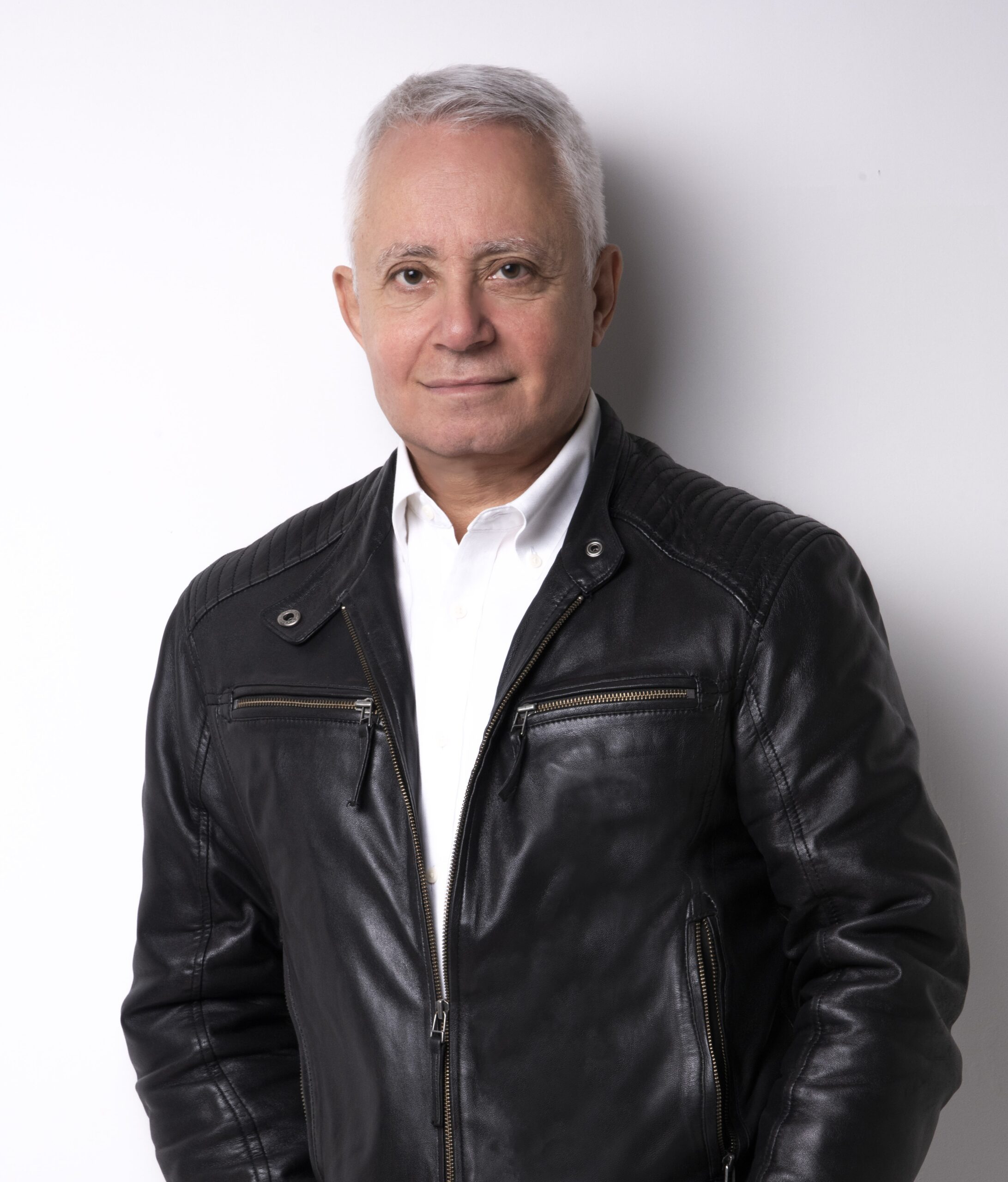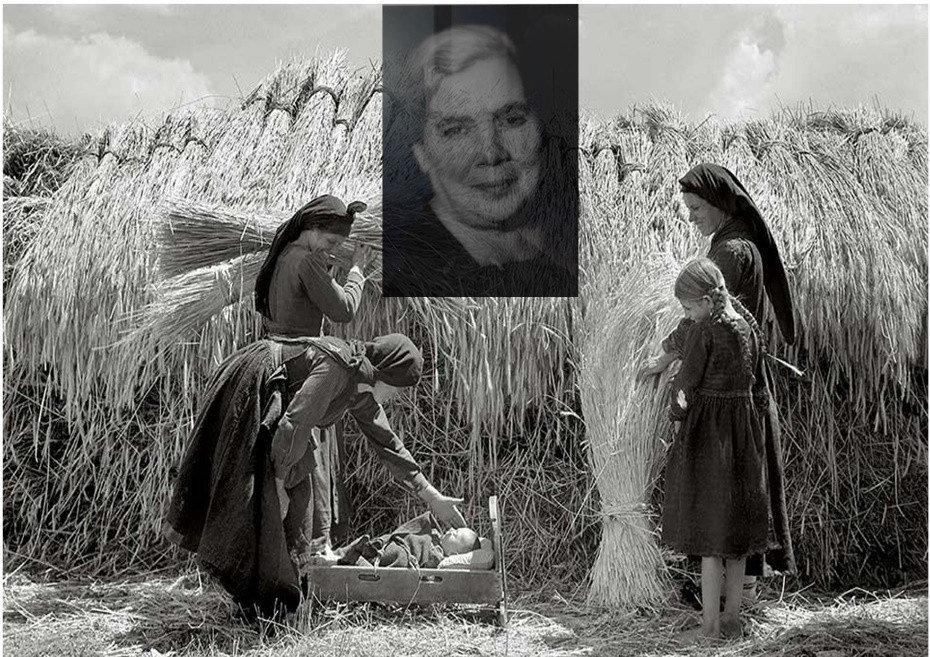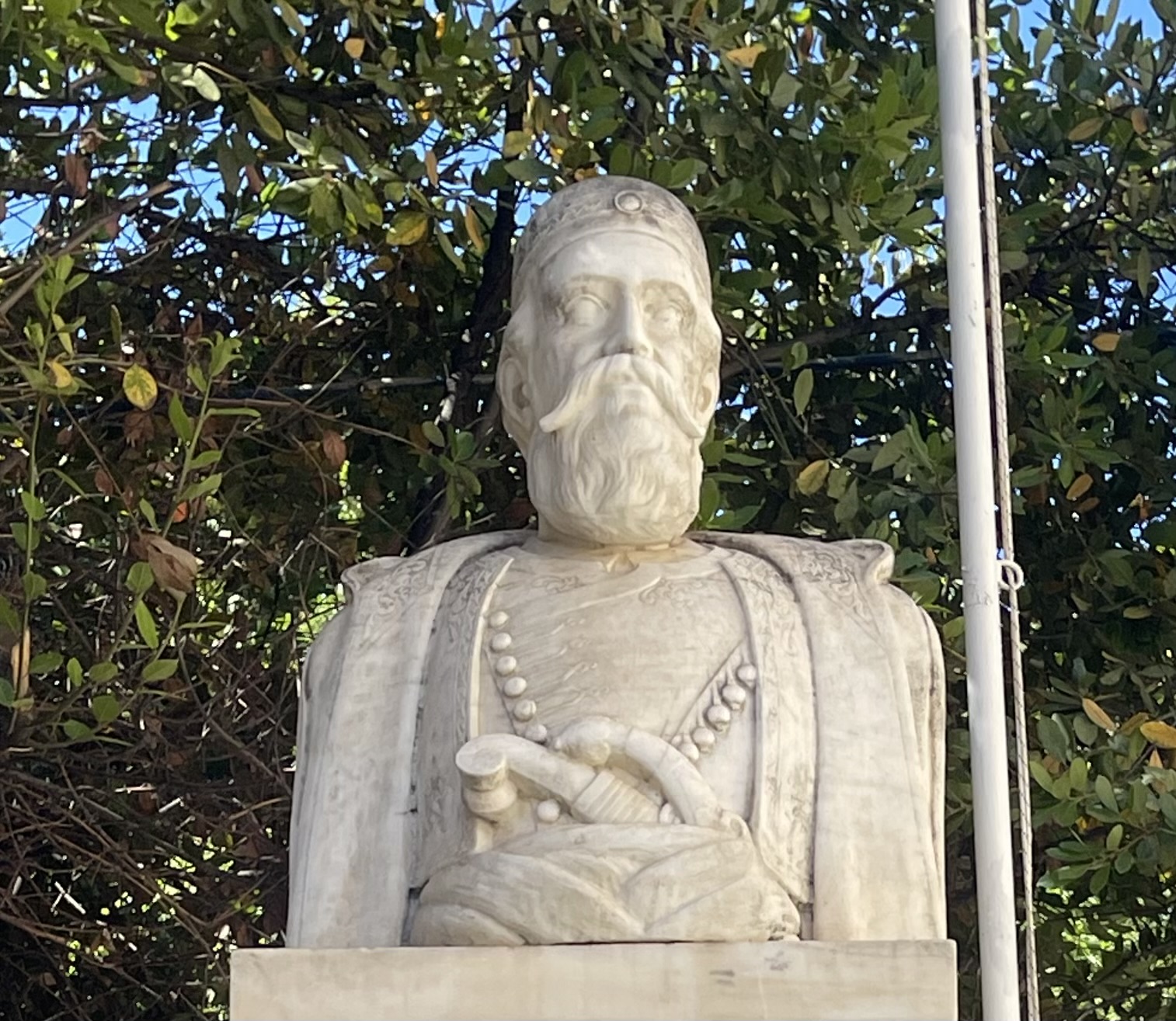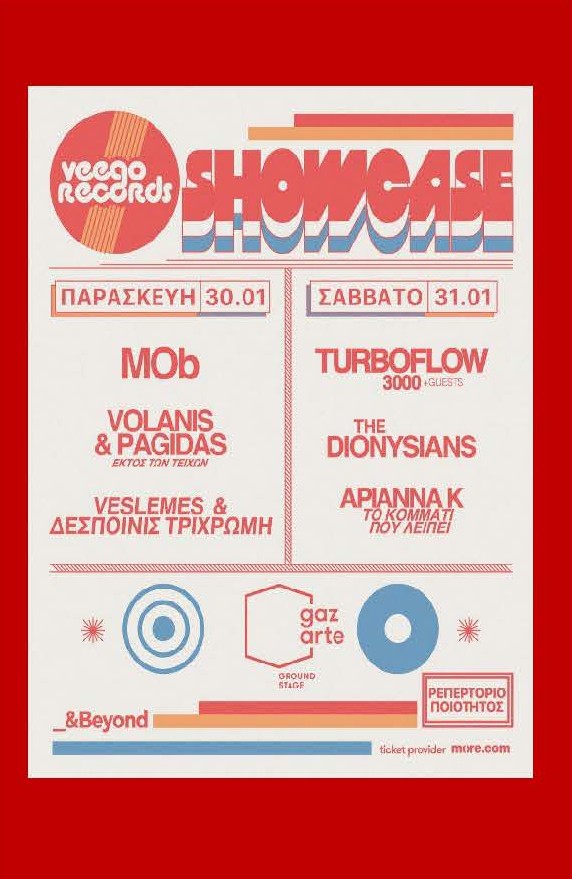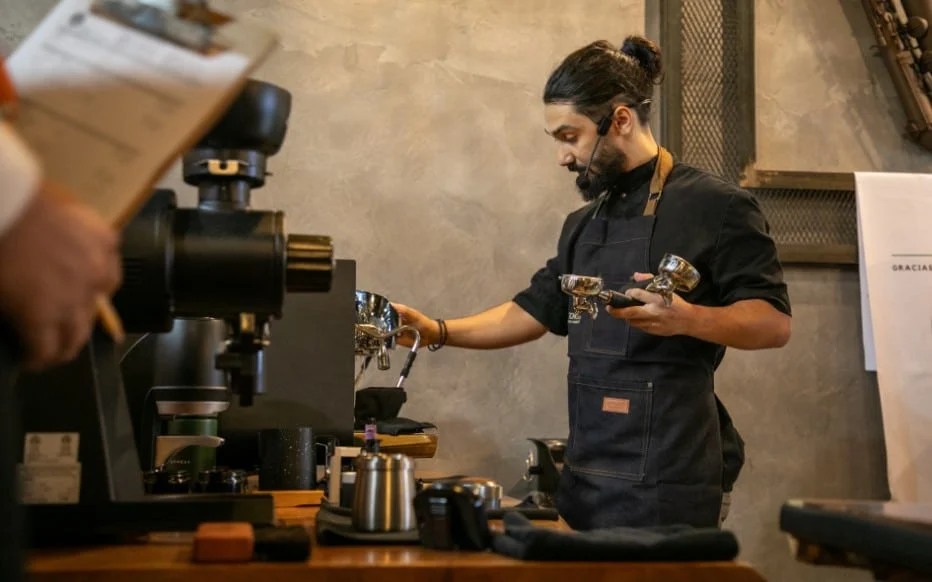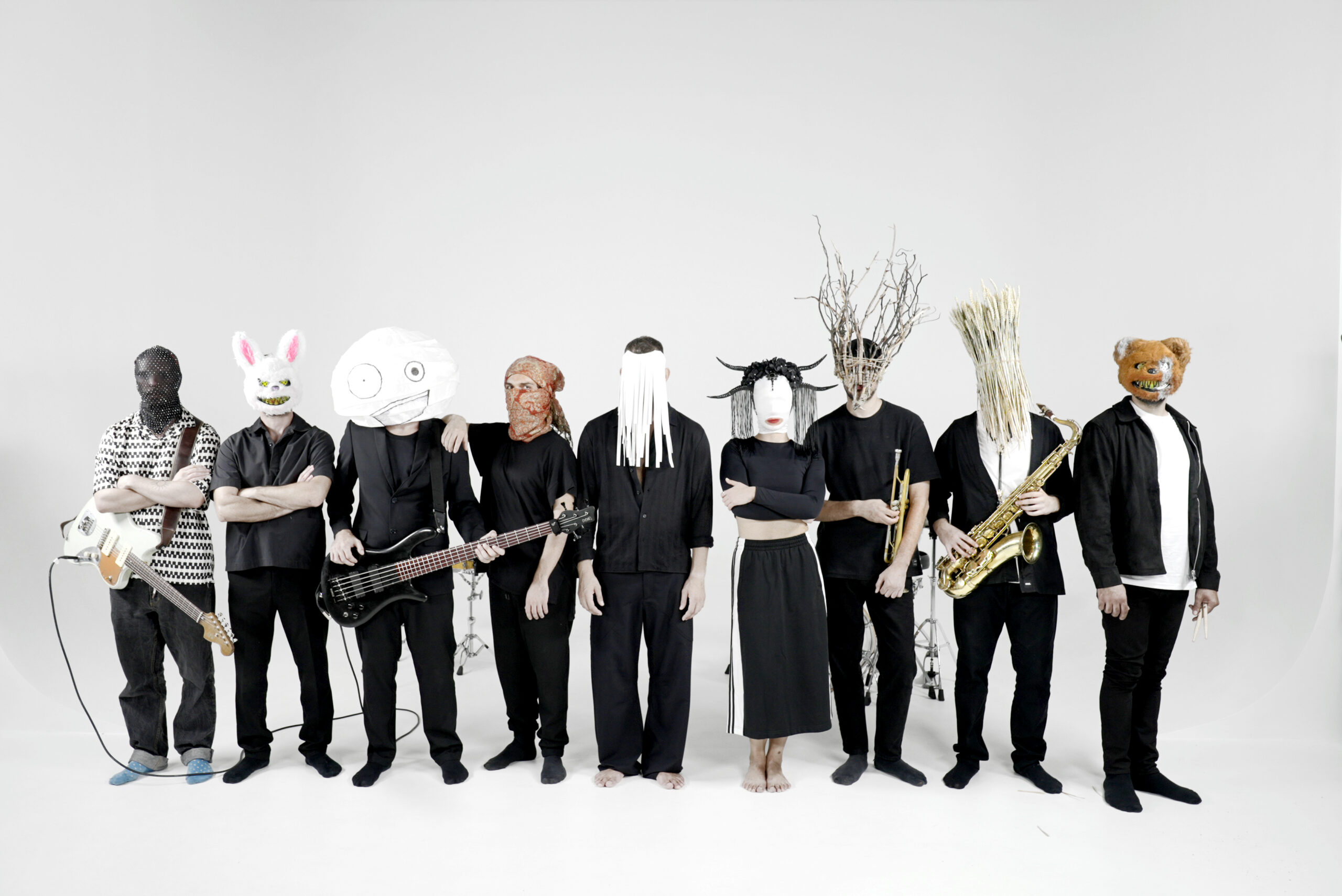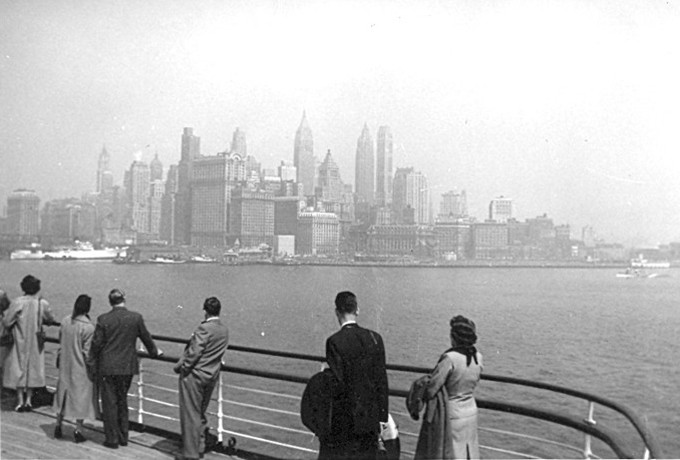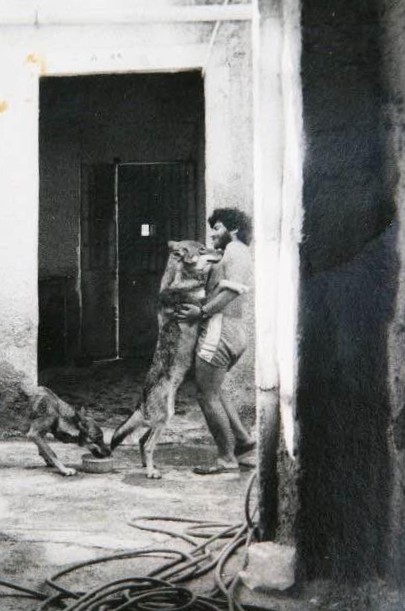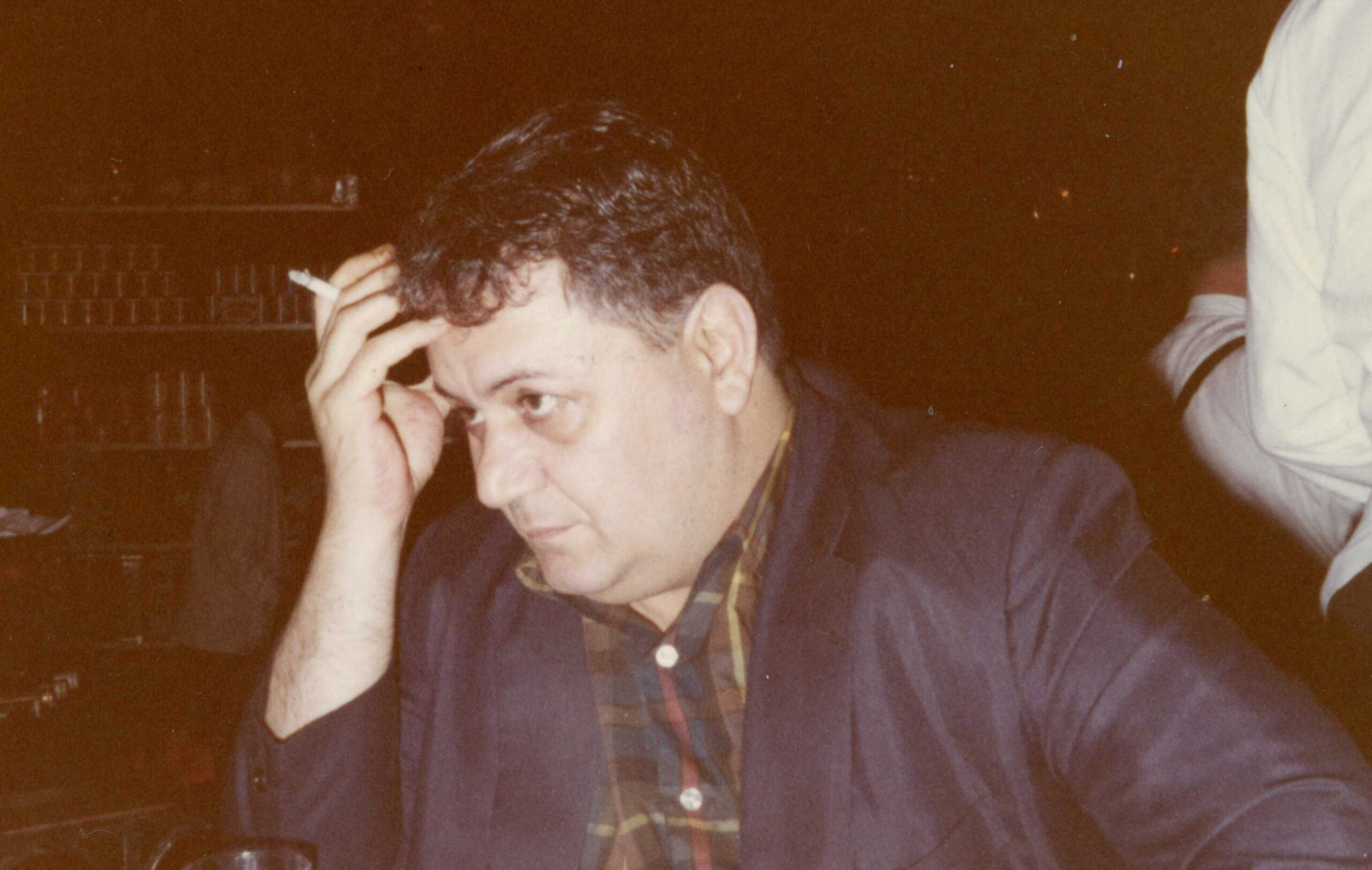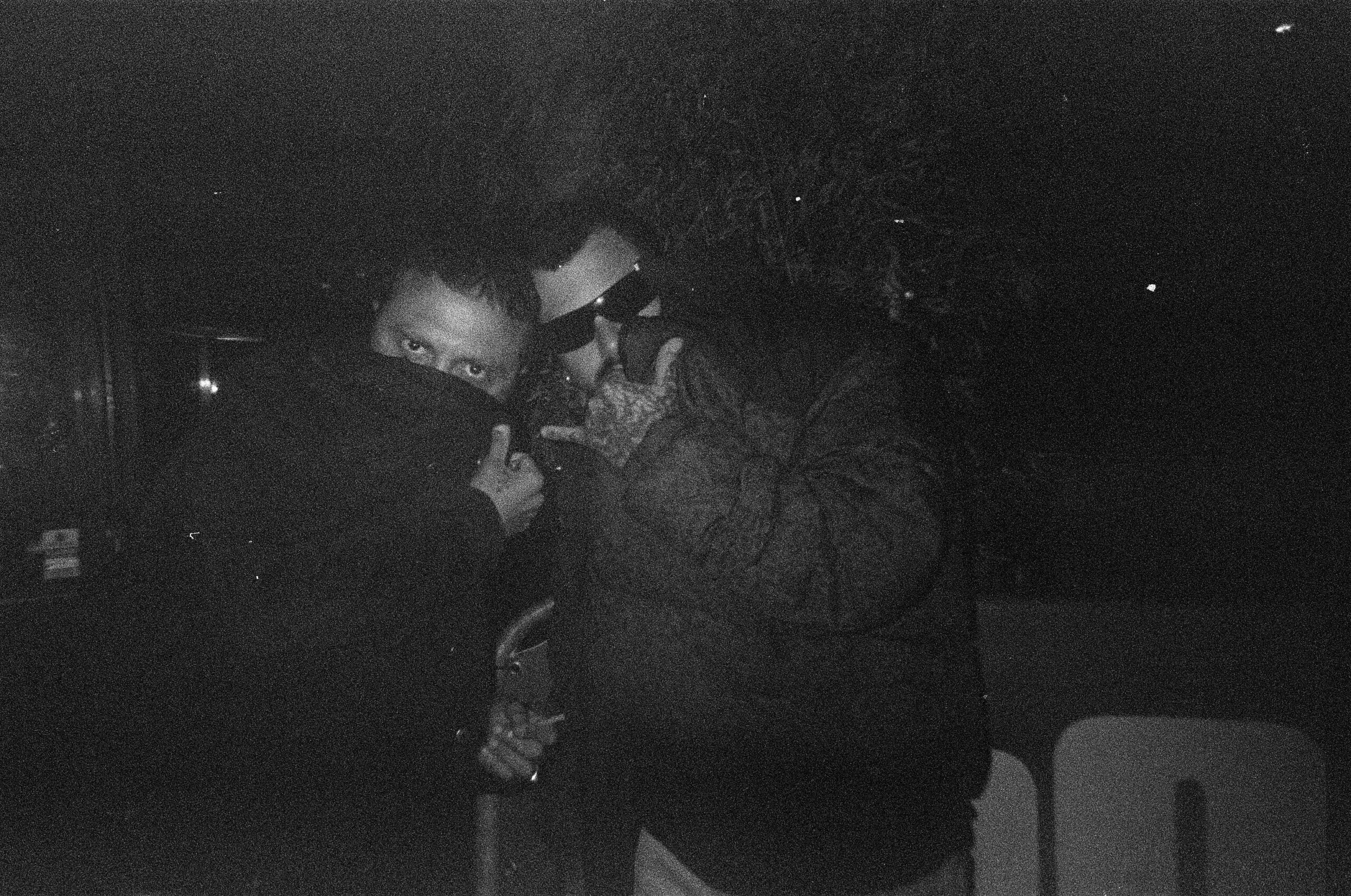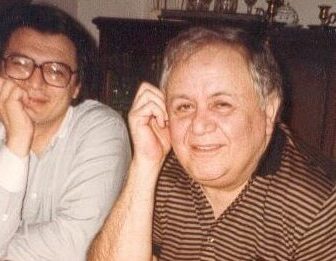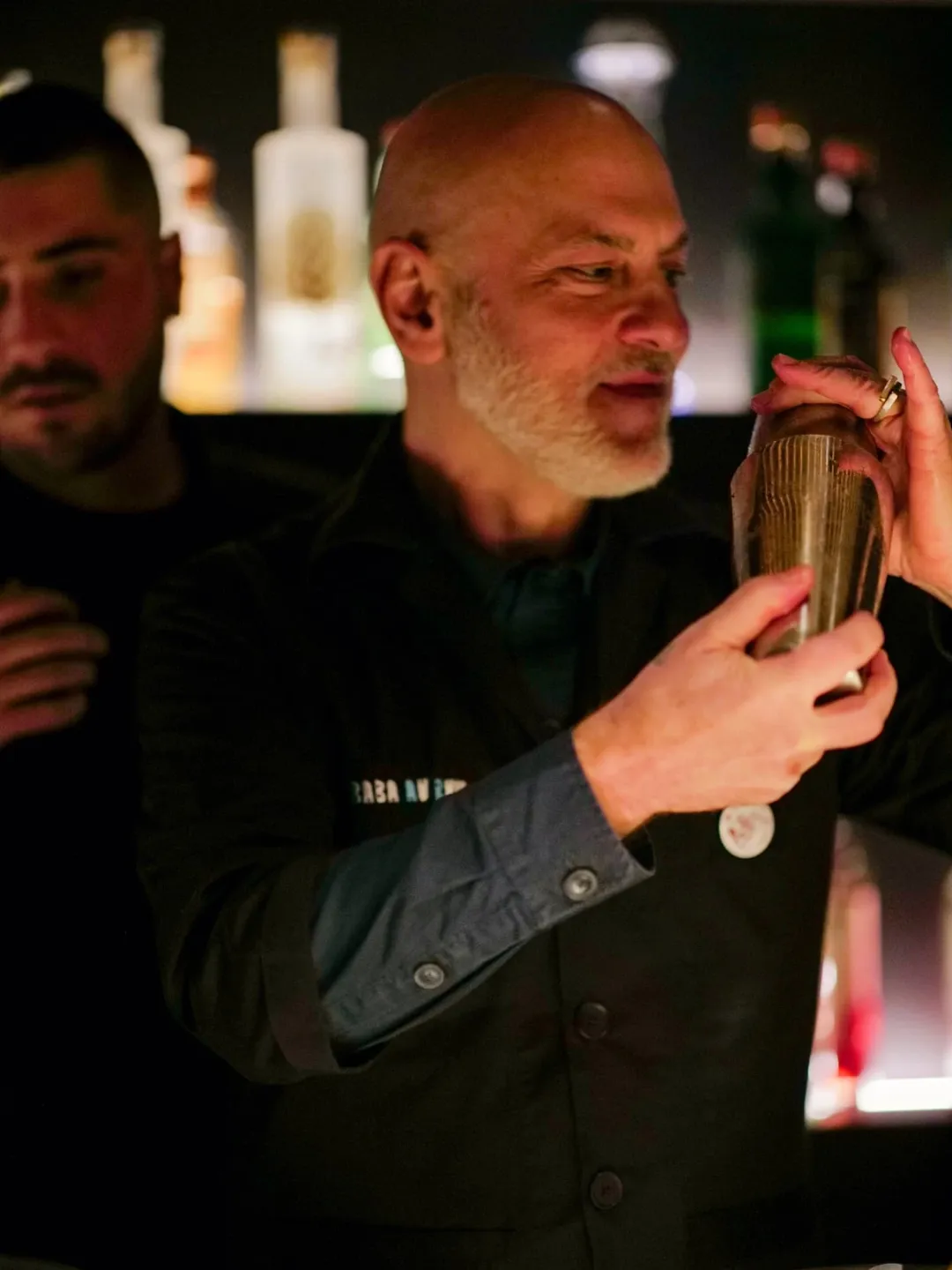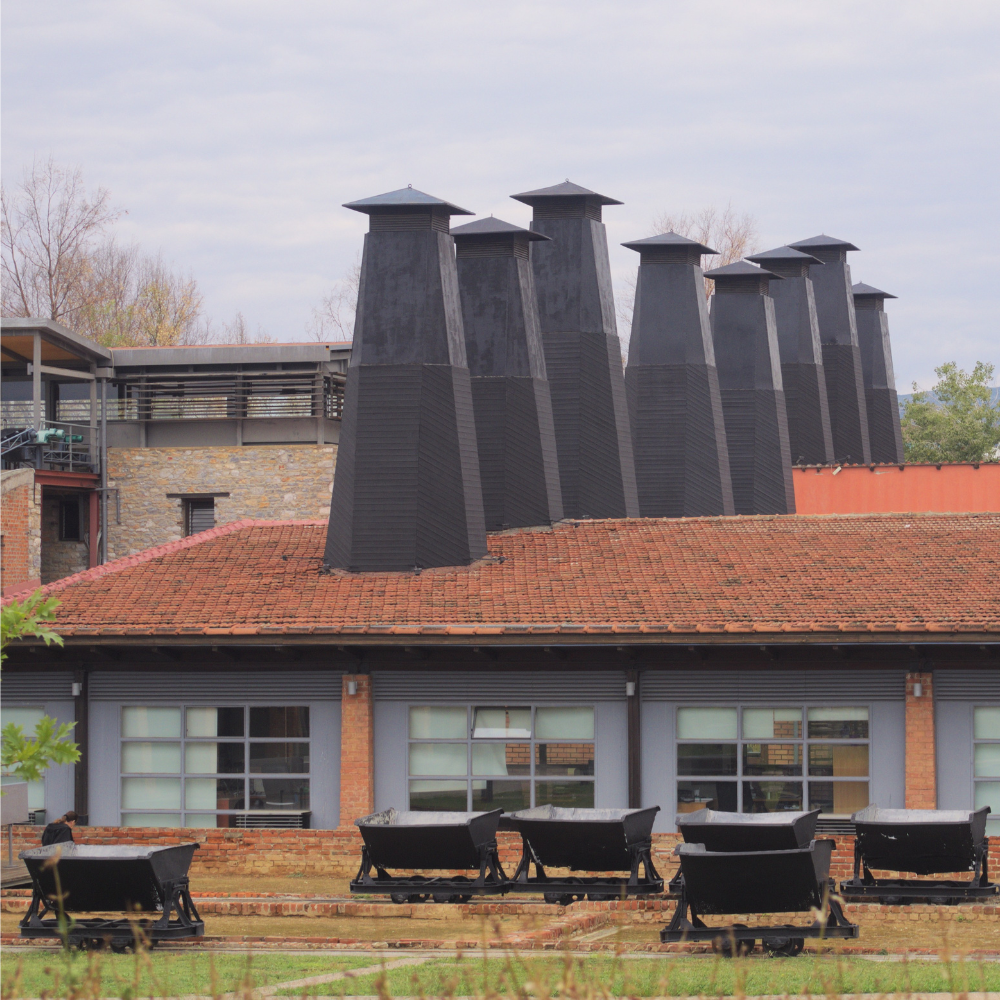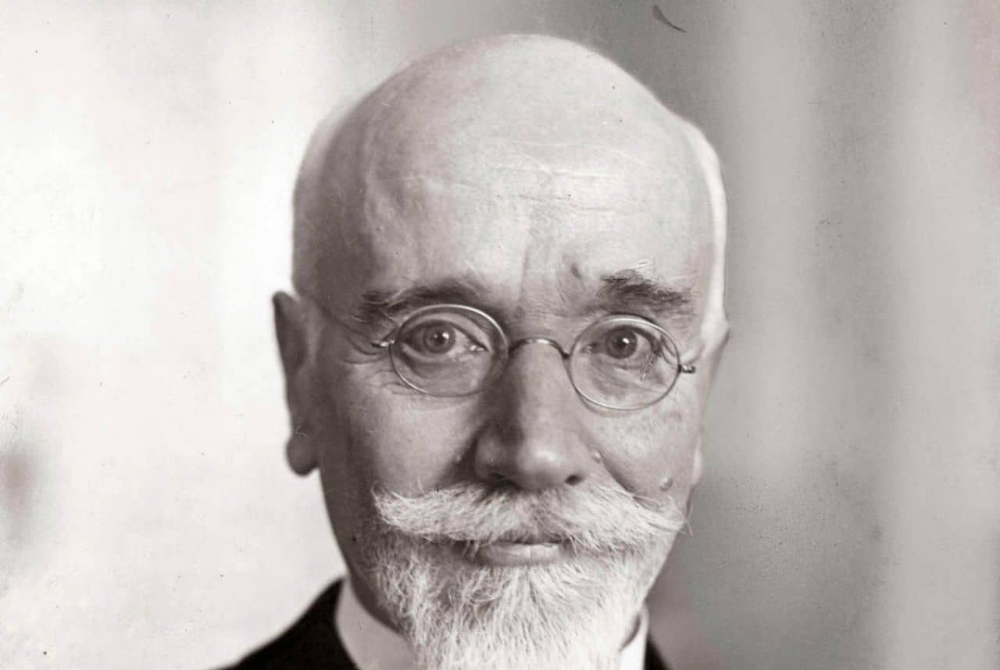From Brooklyn basements to Hollywood legends, how Theo Kalomirakis redefined home cinema and found his way back to Greece
By Katerina Florous
There are few names in the design world as inseparable from a single idea as Theo Kalomirakis is from home theater. And rightly so, he didn’t just elevate the concept of watching movies at home. He invented an entire industry around it.
But what makes Theo’s story remarkable isn’t just the scale of his success. It’s the humanity behind it, the boy who grew up in Athens with a bedsheet for a screen and a head full of dreams, who built theaters for celebrities but never stopped chasing the feeling of coming home.
Cinema Begins at Home
Theo’s story starts on the rooftops of Athens, where, as a boy, he rigged up a 16mm projector to screen films under the stars. Even then, cinema wasn’t just entertainment. It was a ritual. It was emotion. It was architecture — of light, sound, and space.
That early love carried him to the U.S. on a Fulbright scholarship in the 1970s. His short film Limited Engagement won first prize at the Thessaloniki Film Festival and became the only Greek film selected for that year’s New York Film Festival. But after a disappointing graduate thesis project at NYU, Theo shelved his dreams of directing and pivoted into magazine design. For over a decade, he thrived in high-profile roles at Time Warner and Forbes’ American Heritage.
And then came the turning point: a projection TV, a basement in Brooklyn, and a desire to recreate the magic of old movie palaces in his own home.
From Brownstone to Blockbuster
In the late 1980s, Theo transformed the basement of his brownstone into a private theater — salvaged seats, hand-sewn red velvet upholstery, a curtain that opened on cue. It was part film geek haven, part design experiment, and entirely unforgettable. His weekend “movie orgies” — marathon screening events for friends — started attracting attention. Then came the press. USA Today. The New York Times.
The response was immediate and overwhelming. “If people got this excited about a theater made on a shoestring,” he thought, “what would happen if I designed something truly remarkable?” In 1989, Theo left his publishing career and founded TK Theaters.
The rest is history.
Over the next two decades, Theo designed more than 500 private theaters across the globe. His clientele reads like a who’s who of fame and fortune: Eddie Murphy, Dwayne “The Rock” Johnson, Dean Koontz, Cal Ripken Jr., Barbra Streisand. His work was profiled in Architectural Digest, The Robb Report, and House & Garden, which declared him “The Home Theater King.” W magazine simply called him “The Father of Home Theater.”
But Theo’s genius wasn’t about opulence. It was about emotion. “Unless you wrap the technology in an environment that enhances it,” he once said, “you’re missing the magic. A great theater needs soul.”
He gave it that soul by drawing from his childhood memories — velvet seats, glowing sconces, hushed anticipation before the lights dim. He layered architecture, light, and mood into immersive environments that transcended function and became experiences. He didn’t just design rooms. He told stories.
The Return to Greece
After decades of success in the U.S., Theo began turning his attention back to where it all started. Greece was more than home—it was the source of his imagination. He created GR2ME (Greek To Me), a digital platform born from a personal desire to reconnect with his roots.
What began as a space to share Greek cinema quickly evolved into a broader exploration of Greek culture, from travel and history to food and music. But the heart of GR2ME lies in its original short films — stories of everyday Greek life told by young, passionate filmmakers. Through their lens, Theo sees the Greece he yearned to rediscover: unpolished, soulful, real.
A Lasting Legacy
Today, Theo continues to create. Whether it’s a boutique theater in Beverly Hills, a cultural story from a remote Greek village, or an insight shared with aspiring designers, his work remains rooted in the same values that started it all: storytelling, emotion, and the belief that beauty should never be separate from experience.
His theaters may be known for their luxury, but the true legacy of Theo Kalomirakis is something far more timeless: he helped people dream again — in spaces where life pauses, lights dim, and magic begins.
“Relish the challenge,” Theo once advised. “Design should be fun, not a chore. When in doubt, enjoy the process.”
That spirit — playful, passionate, and profoundly human — is what makes his story more than one of success. It makes it unforgettable.

